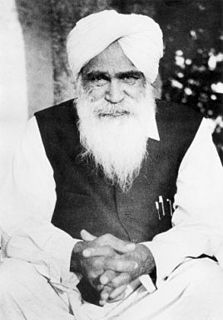A Quote by Jonathan Swift
Related Quotes
Much has been said of the loneliness of wisdom, and how much the Truth seeker becomes a pilgrim wandering from star to star. To the ignorant, the wise man is lonely because he abides in distant heights of the mind. But the wise man himself does not feel lonely. Wisdom brings him nearer to life; closer to the heart of the world than the foolish man can ever be. Bookishness may lead to loneliness, and scholarship may end in a battle of beliefs, but the wise man gazing off into space sees not an emptiness, but a space full of life, truth, and law.
It is so wonderful to our neurologists that a man can see without his eyes, that it does not occur to them that is just as wonderful that he should see with them; and that is ever the difference between the wise and the unwise: the latter wonders at what is unusual, the wise man wonders at the usual.
There are books in rivulets and sermons in stones. You can gather lessons from everything. If a man does nothing whatsoever he recedes into his own self. God didn't do anything; He was one and wished to be many. He wished - and there were many. If He had not wished there to be many, it would have been sufficient-there would still be the wordless state. So to be in a wordless state is very supreme.
It is ignorance that is at times incomprehensible to the wise; for instance, he may not see 'the positive person' or 'the negative person' in a black and white way as many people do. A wise man may not understand it because, as a catalyst of wisdom, but not wise in his own eyes, even he can learn from and give back to fools. To think that an individual has absolutely nothing to offer to the table is counter-intuitively what the wise man considers to be 'the ignorance of hopelessness'.



































